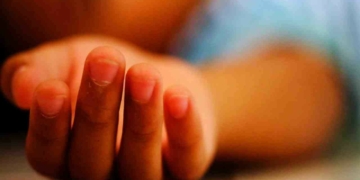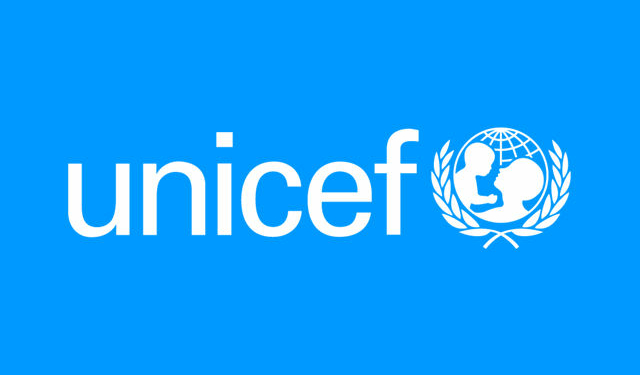- UNICEF reports that polio has resurfaced and is spreading across many states in Nigeria despite the country being declared polio-free in 2020
- UNICEF attributes the polio resurgence to low vaccination rates, particularly in some northern states, and the refusal of some parents to vaccinate their children
The United Nations International Children’s Emergency Fund (UNICEF) has reported that polio has resurfaced and is spreading across many states in Nigeria despite the country being declared polio-free in 2020.
UNICEF attributes this resurgence to low vaccination rates, particularly in some northern states, and the refusal of some parents to vaccinate their children.
This issue was highlighted during an orientation programme organized by UNICEF, the Nigeria Guild of Editors (NGE), and the Diamond Award for Media Excellence (DAME) in Lagos. During this event, the two media organizations signed a memorandum of understanding with UNICEF to support its work and promote children’s welfare in Nigeria.
UNICEF’s Representative in Nigeria, Cristian Munduate, along with officials Dorothy Ochola-Odongo and Prosper Dakurali, expressed concern over the rising cases of polio and malnutrition in Nigeria.
Nigeria, the last country in Africa affected by polio, was declared polio-free on August 25, 2020, by The Africa Regional Certification Commission. However, after this certification, the country began reporting cases of a different polio variant: the vaccine-derived poliovirus (cVDPV). This rare phenomenon occurs when the weakened poliovirus in oral poliovirus vaccines (OPV) mutates and regains its ability to cause disease.
UNICEF explained that OPV contains a weakened form of the poliovirus. When a person receives OPV, the weakened virus helps their body build immunity against polio. However, the cVDPV can spread to others, causing polio in those who are not fully vaccinated or have weakened immune systems.










Discussion about this post